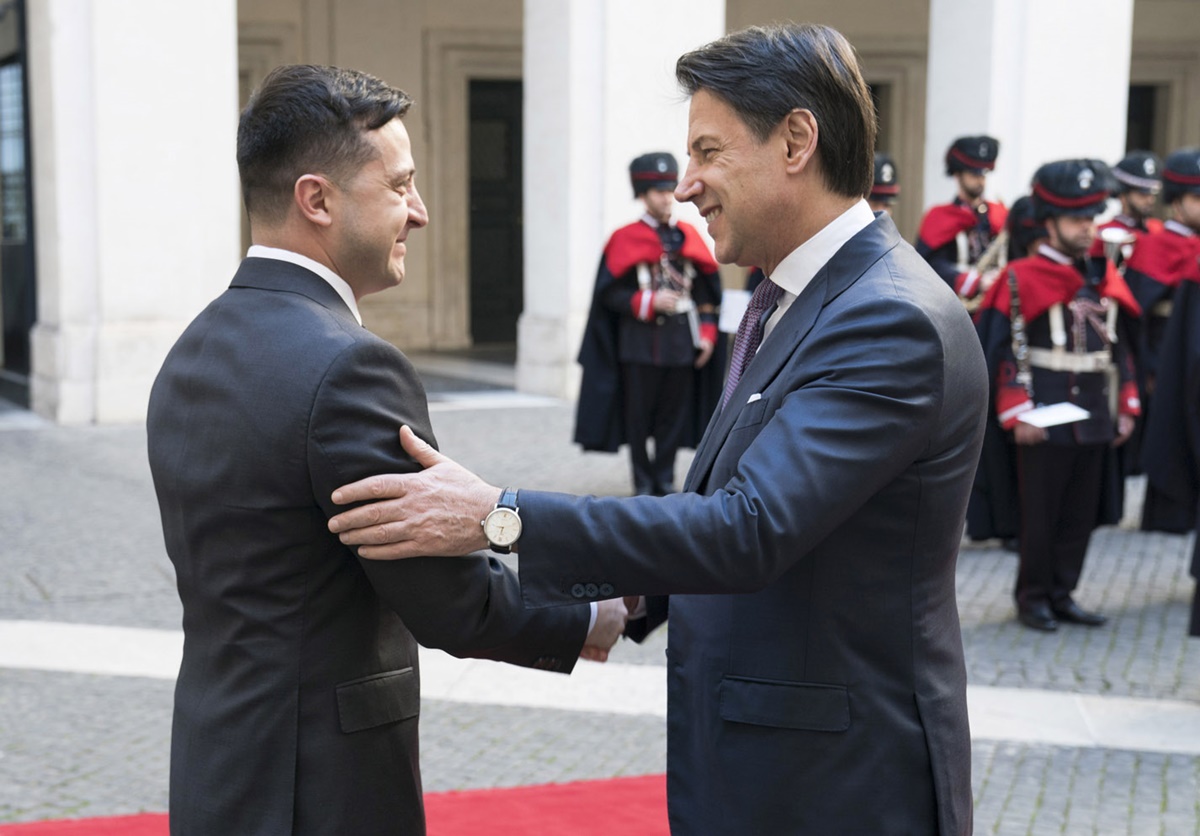As is the case with most European countries, Italy is seriously reconsidering its economic and political ties with Beijing. This finding emerges from a report from the European Council on Foreign Relations (ECFR), an illustrious Brussels-based think tank.
“Countries across Europe are becoming increasingly sceptical of Beijing’s intentions. They are debating reducing their dependency on China for supplies of critical goods, and are ever more concerned about the future of the relationship in a rapidly shifting geopolitical environment marked by growing US-China rivalry,” reads the report’s introduction.
Although singe countries diverge on their China policy, momentum is growing for a more assertive, pan-European stance capable of safeguarding EU member States from the Dragon’s aggressive economic policy and “unwillingness to reciprocate the openness of the EU market.”
Therefore, more EU nations are calling on the European Commission to up the ante, geopolitically speaking, and adopt countermeasures including the creation of a level playing field and the reduction of the dependency on China. This should happen while confronting Beijing on European crucial matters such as human rights and climate change.
ECRF had conducted a similar survey in May, when it emerged that Italy and Bulgaria were the two most Sinophile countries. Back then, as reported by Formiche.net, Italians tended to prefer China over the US as strategic partner, a sentiment recorded in an April survey and later confirmed in a June report.
Indeed, Rome had been cosying up to Beijing since 2014, when the Italians had a more unfavourable view on China. That changed as the political consensus on China became less clear-cut and Beijing started branching out to Europe, cementing its image as a reliable commercial partner amidst Rome’s growing Euroscepticism and diffidence towards the US.
China promised investments – Italy’s entrance in the Belt and Road Initiative (BRI) in 2019 epitomised this – while striving to exert its soft power. This became evident at the height of the pandemic, when Beijing anticipated all of Italy’s traditional allies in sending over medical and technical assistance (“mask diplomacy”) as well as covert online propaganda (unveiled by a Formiche.net investigation, which was later taken up by Italian intelligence and even this latest ECRF report).
Italy is now in the process of reversing its course. True, it’s the only European country where political parties “strongly disagree” on China policy according to the ECRF report. But this might soon change, as the historically Sinophile party, the Five Star Movement, is also in the process of realigning itself with Italy’s traditional European and Atlantic allies.
When the Chinese foreign minister Wang Yi kicked off his August European tour in Rome, his Italian counterpart Luigi Di Maio – who was instrumental in the signing of the BRI agreement in 2019 – began the ensuing presser by stressing the difference between commercial partners and allies, and by taking a stance on Hong Kong and human rights that didn’t fail to annoy the envoy from Beijing.
Another prime example of how Italy is inching nearer to the US and the EU’s positions is the 5G saga. This summer, the Italian government approved a series of draconian security measures that make it extremely hard for telecoms operators to employ Chinese tech and impose a sprawling oversight system, going as far as requiring the 5G components’ source code – much to Beijing’s dismay.
The ECFR dedicated an entire section to the evolving Italian stance, defined as “one of the most complex bilateral relationships with China of any EU member state.” Having investigated the above matters, the report’s authors conclude that “[r]ecent political debates […] indicate that the tone in Rome is shifting towards greater caution when it comes to engaging with Beijing.”
The report then lingers on the judgements of Italian experts, who are appealing to the EU to “enhance media literacy, improve citizens’ capacity to detect disinformation, and provide an independent fact-checking capacity to tackle the problem more effectively.”
They also call for increased involvement of national governments and EU institutions for the creation of a common China policy. This request is mirrored across the EU, where most member states agree on the need to take a tougher stance on China – even going as far as limiting its market access, a wish shared by 22 EU members.
The pandemic has accelerated this process of reckoning, as has the confrontation between the US and China. It remains to be seen if this momentum will be sustained through the economic crisis facing the EU. Be it as it may, the Europeans’ (and the Italians’) infatuation with China is in sharp decline.








